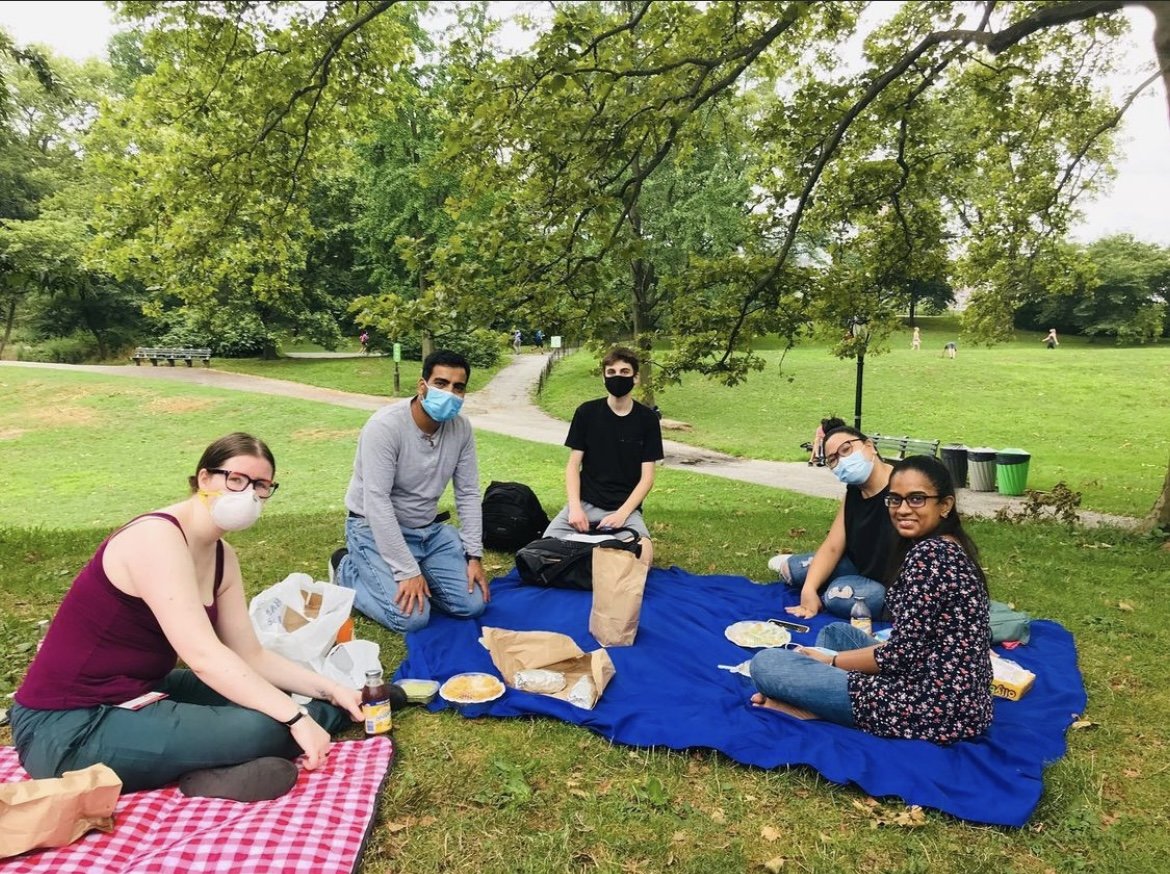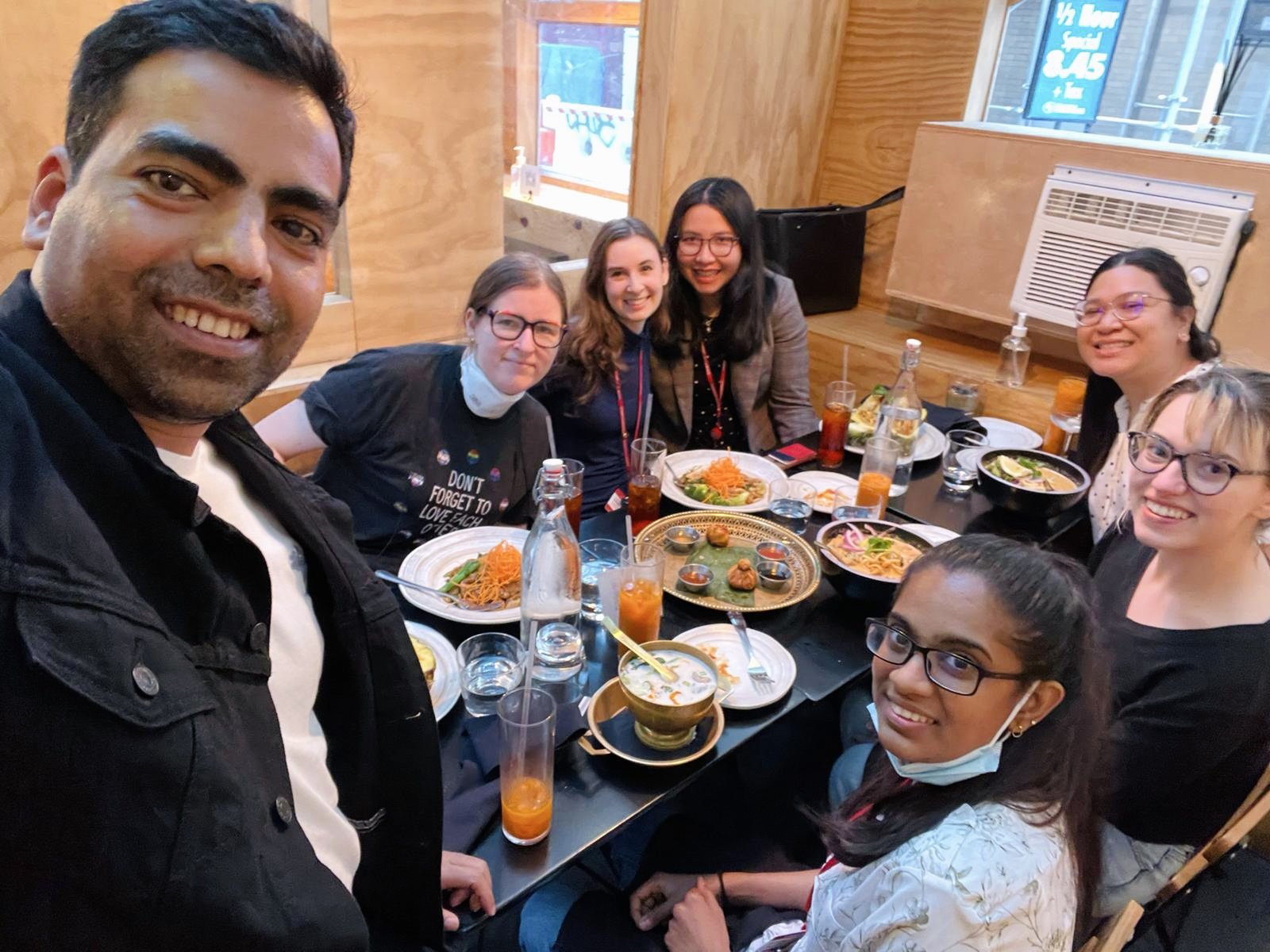We strive to unravel gut microbiome-based immune approaches to improve maternal and neonatal health.
The Zeng laboratory at Weill Cornell is focused on investigating the role of the gut microbiome and diets in maternal-fetal/neonatal immune crosstalk, and the development of neonatal or pediatric inflammatory diseases, such as preterm birth, necrotizing enterocolitis, food allergies, asthma and cancer. Ongoing studies in our laboratory involve in vitro cell biology, microbiology, and immunology assays, disease models in gnotobiotic mice or genetic knockout mice, and examination of clinical samples from newborns, children and pregnant women. Our studies are aimed to identify gut bacteria, bacterial factors or dietary factors that could be potential therapeutic candidates to facilitate appropriate immune responses in the fetus during pregnancy or in the newborn after birth, with the overarching goal of developing preventive approaches to lower the incidence of diseases that may be partly attributed to dysregulated immune cell education in early life.
Follow the link below if you are interested in learning more about our research.








